Digital media, civic engagement and political mobilization in repressive regimes
Announcement and paper call: On 10-11 November 2008 the Institute for Society and Globalization (RUC) in cooperation with the Research School for International Development Studies (RUC) and the Danish Institute for Human Rights (IMR/DIIS) will host a research seminar on digital media, civic engagement and political mobilization in repressive regimes.
The overall theme of this event is the growing impact of digital media in repressive regimes. The seminar is designed to present ongoing international research as well as to promote new original research and facilitate academic exchange. The specific purposes of the seminar are, first, to discuss how Internet, mobile phones and other digital networked technologies may provide a novel component in the public sphere in repressive regimes, and secondly, to examine the extent and significance of these media for activism and social mobilization.
As the Internet both globalizes and deepens it gets a real-life impact in the private as well as the public sphere. Citizens and organizations use digital networked technologies to engage in civic life, and at the same time contribute to increasing media diversity at local, national and global levels. Digital networked technologies have special significance in repressive regimes, however, where crucial restrictions apply to public debate and the media. Some focal points for the seminar are:
- Methodological issues
A specific task is to examine and discuss central concepts and approaches for introducing Internet activism into the social sciences, for instance in relation to public sphere and social movement theory. Furthermore, are there clear political distinctions between ‘repressive’ and ‘democratic’ regimes or do we need more precise concepts with regard to various regimes’ digital media tactics? - Digital media and their challenge to conventional public sphere thinking
The concept of ‘public sphere’ already from the outset having a Eurocentric ring, what are the new concepts, approaches and understandings of the public sphere in relation to digital media in repressive regimes? How may we expect Internet and digital network media to develop in repressive regimes and how may they contribute to public social and cultural life? How will the authorities’ adoption of digital media for propaganda and possibly hacking affect the Internet as a ‘public sphere’? - Mobilizing for political change through digital networked technologies
Digital networked technologies may potentially mobilize civic action. But how can activity in the virtual world have real-life impacts? We need to examine this relationship to assess the influence of the new technologies on society. What role do digital networked technologies play in repressive regimes compared to democratic societies? Have these technologies created new opportunities for networking and association? We need elaborations on the intricate functions and purposes of digital media controls, including discussions of interests, political goals, values and strategies of government versus users and activists.
A range of key-note speakers are invited; program and additional information will be sent out in the coming months. The seminar will take place at the Institute for Human Rights, Copenhagen, Denmark.
Full seminar introduction and programme available for download.
For paper proposals and registration please contact:
- Caroline Nellemann, caroline.nellemann@gmail.com
- Ole Bruun, obruun@ruc.dk
 New PhD opportunities at the University of Leicester
New PhD opportunities at the University of Leicester Call for Abstracts: New Directions in Media, Communication and Sociology (NDiMS) Conference
Call for Abstracts: New Directions in Media, Communication and Sociology (NDiMS) Conference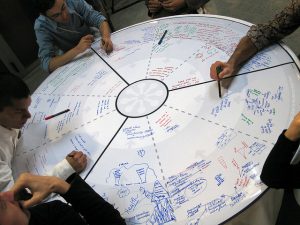 Ørecomm Team to Gather at the University of Coimbra
Ørecomm Team to Gather at the University of Coimbra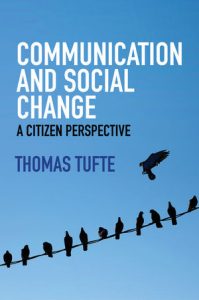 “Communication and Social Change – A Citizen Perspective” Published
“Communication and Social Change – A Citizen Perspective” Published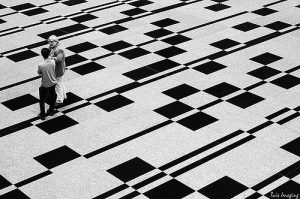 C4D Network to Sum Up Global Communication for Development Practice
C4D Network to Sum Up Global Communication for Development Practice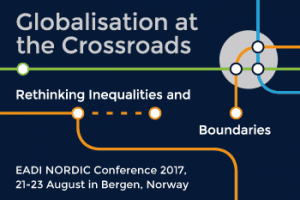 Entering Media and Communication into Development Conferences?
Entering Media and Communication into Development Conferences?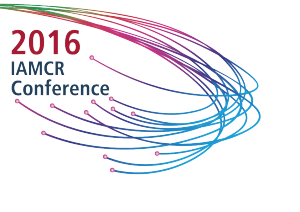 IAMCR Conference 2016: Communication for Development Highlights
IAMCR Conference 2016: Communication for Development Highlights Glocal Classroom Revisited – Storytelling & Social Change Leicester-Malmö
Glocal Classroom Revisited – Storytelling & Social Change Leicester-Malmö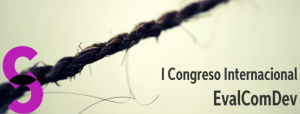 I EvalComDev International Conference: Call for Papers
I EvalComDev International Conference: Call for Papers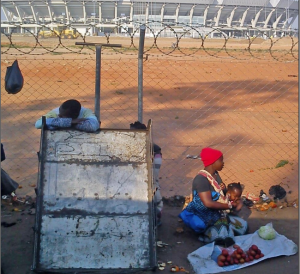 Looking for Media and Communication in Development Conferences: Devres 2016
Looking for Media and Communication in Development Conferences: Devres 2016